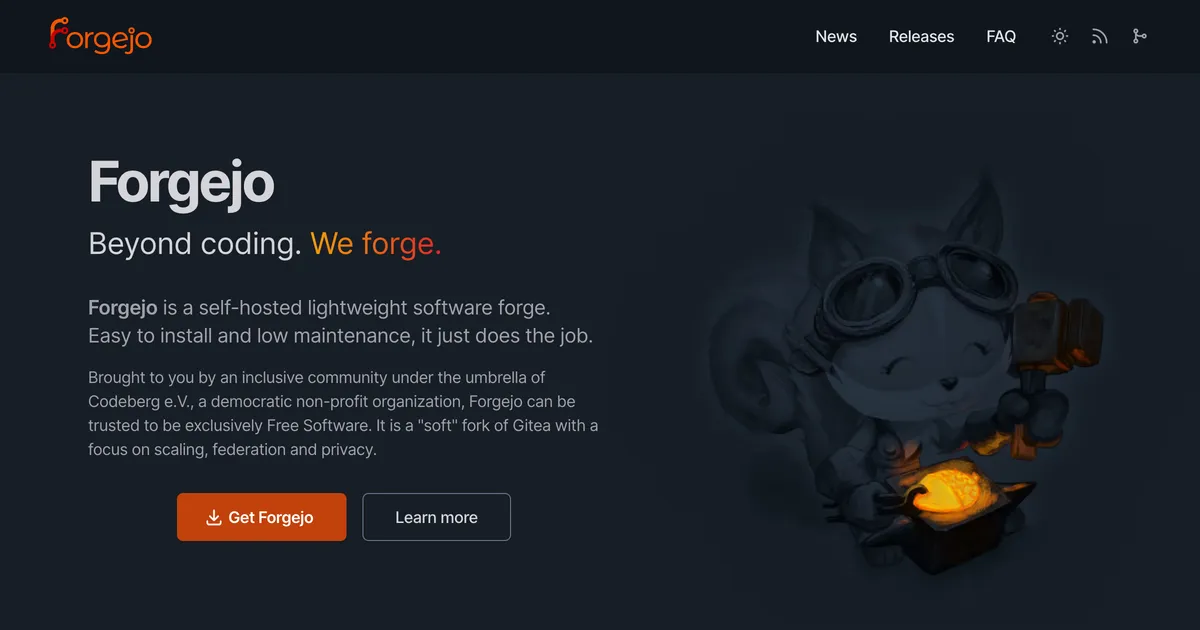Forgejo is changing its license to a Copyleft license. This blog post will try to bring clarity about the impact to you, explain the motivation behind this change and answer some questions you might have.
…
Developers who choose to publish their work under a copyleft license are excluded from participating in software that is published under a permissive license. That is at the opposite of the core values of the Forgejo project and in June 2023 it was decided to also accept copylefted contributions. A year later, in August 2024, the first pull request to take advantage of this opportunity was proposed and merged.
…
Forgejo versions starting from v9.0 are now released under the GPL v3+ and earlier Forgejo versions, including v8.0 and v7.0 patch releases remain under the MIT license.
always a pleasure to see big projects going full copyleft amidst the recent influx of projects sadly going source-available
this is the main reason not to sign a CLA (edit: both the aforementioned projects seem to adopt CLAs, though it seems that they aren’t hostile and are especially pro-copyleft. see this amazing correction by @[email protected] for context). you should not let a third-party use your copyright to restrict user freedom in the future because they swear “they ❤️ open source” now, and would never use your code to only their own benefit.
I had some thoughts about the concept of a “Contributor License Agreement”.
If you are the sole author of a program, you have a special position in that you can distribute the program with any license you choose. People that are not the sole author that copy the source code are not able to do that. If the original sole author of a program incorporates changes from someone that did not sign a Contributor License Agreement, they lose that special position, since distributing the program with a new license would require consent from all the authors, which is surely harder if there are more authors.
Because of this, it might be worth supporting some “community fork” more than an “original” repository, since that makes it clear that the program is likely to only be distributed using a specific license. However, if I’m interacting with an “original” repository, I will expect to have to interact with a Contributor License Agreement in order to have my changes used, since the original authors will want to preserve some flexibility regarding what licenses they can use with their software.
TLDR; from MIT to GPL.
“Copyleft licenses do not only benefit the developers. They also guarantee freedoms to users of the software. They reduce the risk of exploitive business practices, like creating a modified version of Forgejo with less freedoms to the users, which could ultimately trap users in a vendor lock-in.”
God, you absolutely love to see it. So called “permissive” licenses should be banned because of this.
GitHub has long sought to discredit copyleft generally. Their various CEOs have often spoken loudly and negatively about copyleft, including their founder (and former CEO) devoting his OSCON keynote on attacking copyleft and the GPL. This trickled down from the top. We’ve personally observed various GitHub employees over the years arguing in many venues to convince projects to avoid copyleft; we’ve even seen a GitHub employee do this in a GitHub bug ticket directly.
You only need to know that corporations do not like copyleft to know it is good. The same goes with capitalists and wealth tax / inheritance tax.




